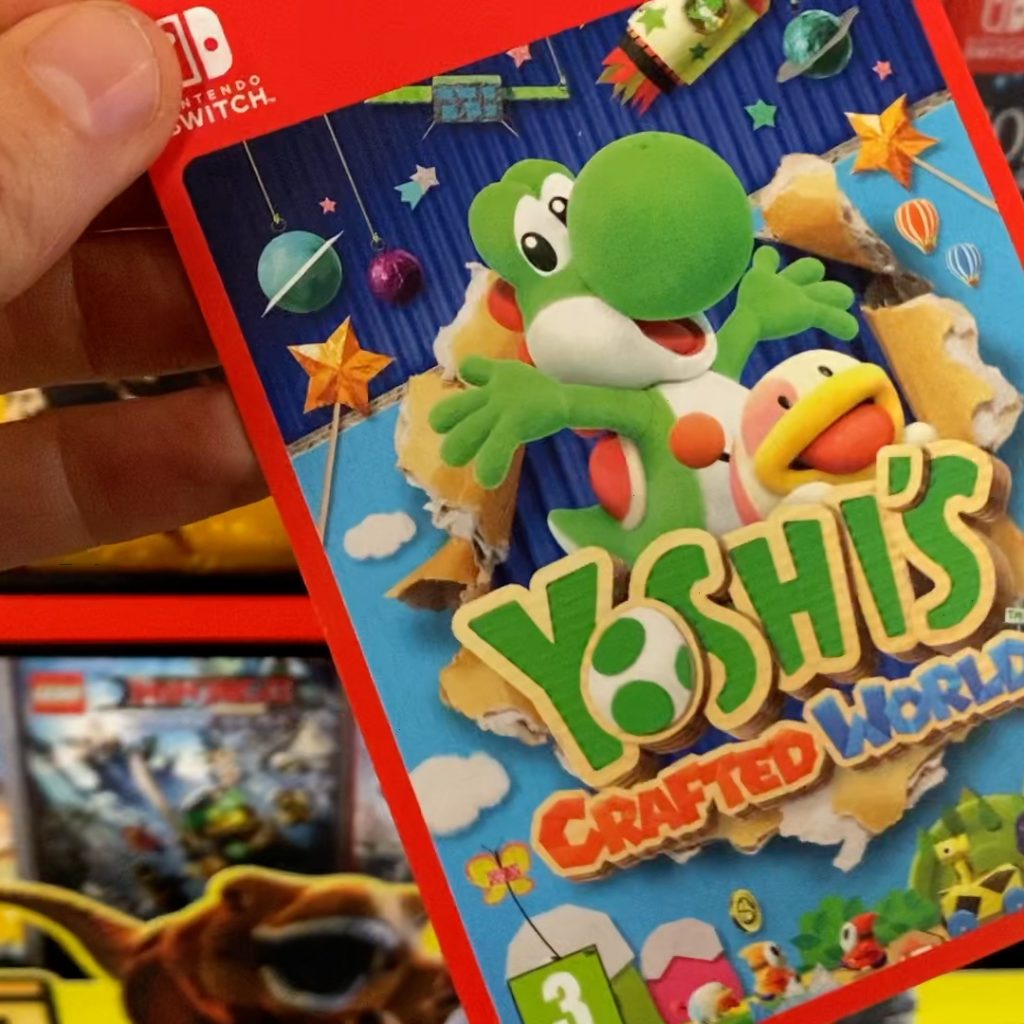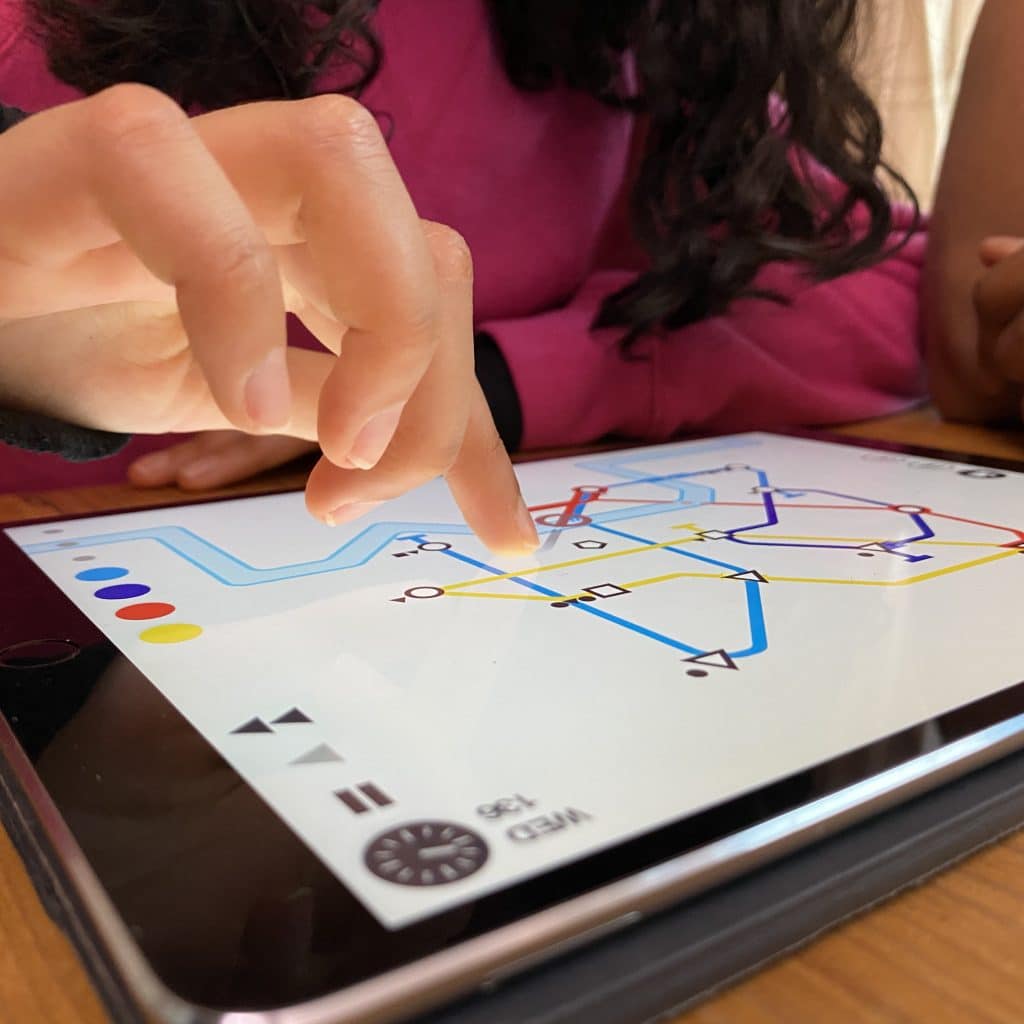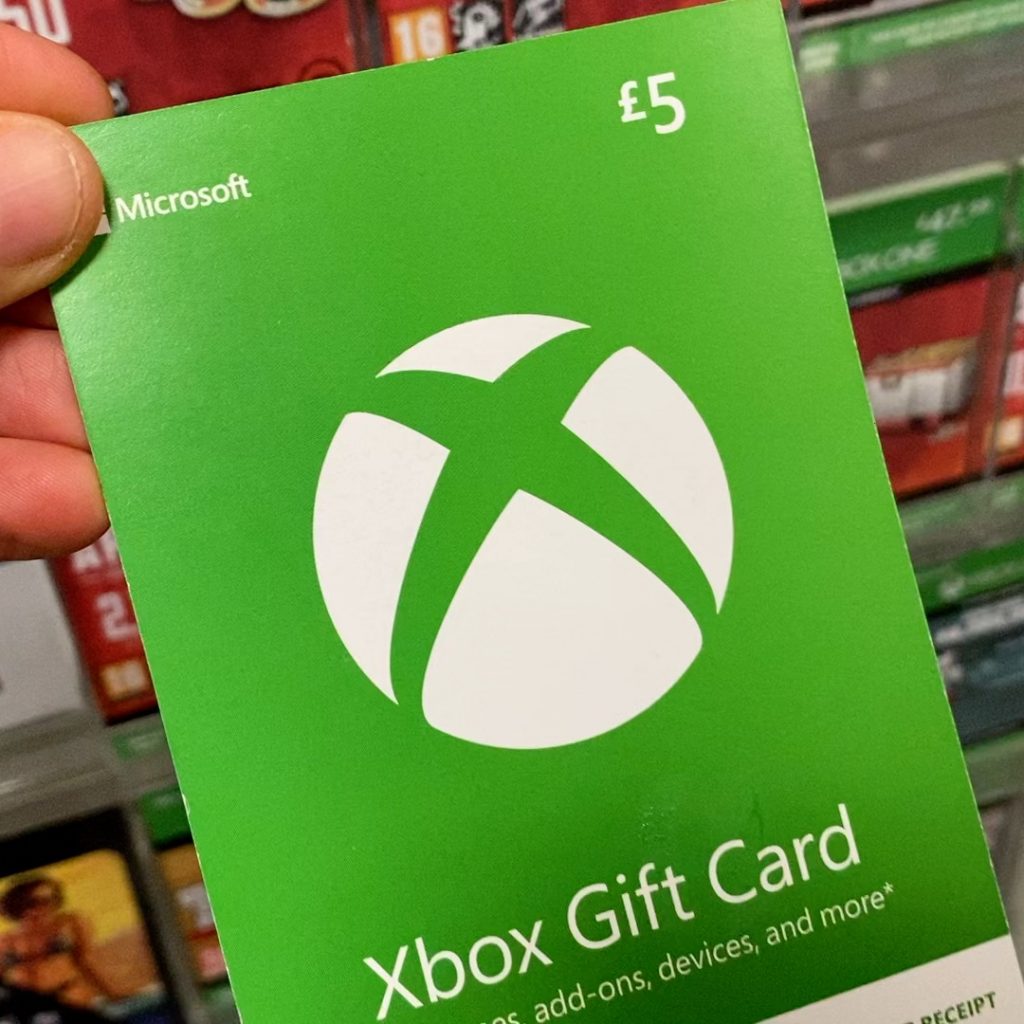PLAY: Parent's Guide To Keeping Gaming Costs Sensible

Today we are looking at understanding how to get the best value from the money you spend on gaming and keeping those costs sensible.
As new media, video games are relatively fast-changing. They offer new audiences fresh ways to engage with stories, compete online, go on adventures and spark imagination in fantastical worlds. This means that the way we pay for video games is also changing. Although it's still possible to buy a boxed game in a store, there are many other ways to access games now.
The different ways of purchasing games enable families to access games they want to play in a way that suits them. This might be to only buy a few big boxed games each year, or it might be to access free games and then have a certain amount of pocket money for in-game items and passes each month.
Purchasing Games in a Shop
Many families still purchase games in high street stores. This is not only a good way to browse physical boxes in one place, but you can also take advantage of the staff who are trained to advise you on the best games for your family.

Purchasing a digital code for a specific game is the same as buying the physical box but just downloads the game directly to your console. This has the advantage of not needing a disc to run the game. You can also purchase book token style cards with credit for a particular console.
Purchase Digital Game on Console or App Store
You can also purchase games directly on your gaming console or device. The online stores offer a good way to browse games by PEGI rating and genre. You can also sort games by price to find titles that match your child's pocket money budget.
Subscribe to Gaming Service
Subscribing to a gaming service, like PlayStation Plus, Xbox Games With Gold, Nintendo Online or Apple Arcade grants you access to a large library of games for a monthly subscription. Like Netflix, once the subscription stops you can no longer access the games.

Subscribe to a Streaming Service
Subscribing to a game streaming service, like PlayStation Now or Google Stadia, enables you to play games without downloading them. The content is streamed to your device so that, provided you have a fast internet connection, you can play it as if it was running in your home. This means that the console or device you run these games on is cheaper because it doesn't need to be so powerful.
Access Free Games with In-App Purchases
Many games, such as Fortnite or Roblox, are free to start playing but then provide in-game purchases that offer clothing, equipment or other visual enhancements. These items are purchased within the game using real money or equivalent currency. In-game purchases also provide Passes that grant access to special content or visual rewards.

Other games are free to play but display adverts to generate revenue. These pop up between levels before players can continue are more common in mobile games like those from Ketchapp on smartphones.
Most in-game purchases are cosmetic, but there are some that provide a tangible benefit in the game. Purchasing packs of players in FIFA Ultimate Team, for example, will provide a wider range of players for you to use when you compete.
Some in-game purchases offer the chance to get either rare or common items. They are purchased "blind" so that you don't know what you are getting ahead of time, like collectible stickers or LEGO figurines. There is a risk-reward of spending money on these to get an uncertain outcome.
Controlling Spending
Although making purchases in-store is the most visible way of guiding spending, simple controls on all the major gaming consoles, smartphones and tablets let you block or limit spending without a password.
As you can see by following our console set-up guide, you can control spending on video games in the following ways:
- Only buy games in-store
- Purchase book-token style cards for game credit.
- Top up online credit periodically
- Link a credit card and require a password before any purchase
- Set-up monthly pocket-money game credit.
If you want to provide credit for your child to purchase a game and you don't know what they'd like when in-store, you can purchase credit for them to use on their console or device. These are like book tokens and make great gifts.

Before associating a credit card with your gaming device it's important that you have set-up a user for your child and specified whether they can make purchases without requiring a password from you. When you set this up ensure that you specify an email address on your parent account that you regularly check as this will inform you of any transactions.
Setting this up enables you to decide how much they can spend each month. You can do this by adding credit to their gaming account via the console, or by specifying a monthly limit to their spending as you would with pocket money.
Conclusion
Ensure you have set-up passwords on any accounts that have credit cards associated with them. Setting up separate child users for your children is an important step. You can find more information about this for the different consoles in our set-up guide.

These tools are not only a robust way of getting peace of mind, but they also provide a great context for you to discuss virtual items and value with your child. By talking with them about this, and enabling them to experiment within safe boundaries, it is a really healthy way for them to learn the value of virtual currency.
Get Smart About Play
This article is part of Get Smart About P.L.A.Y that provides parents and care-givers with a four-step process to help set parameters around play:
- P - Play with your kids. Discover amazing games and understand what they play and why.
- L - Learn about family controls for your console.
- A - Ask what your kids think. Discuss ground rules before setting restrictions.
- Y - You’re in charge. Set restrictions that work for your family.
For more on how to Get Smart about P.L.A.Y we have a range of articles to inspire and inform your family gaming. Or if you have a specific question why not ask the editor.





